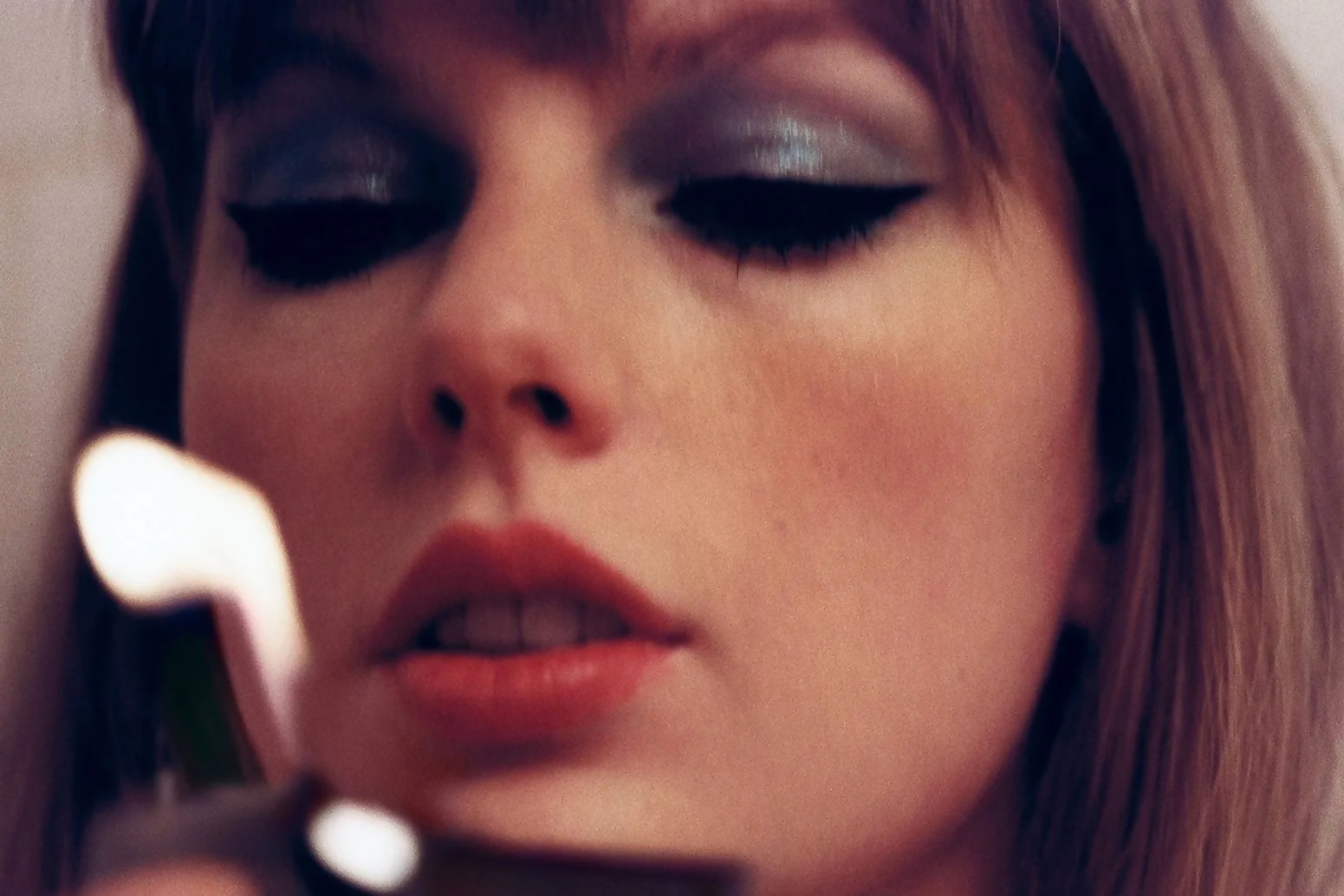
★★★★☆
When Taylor Swift took to the stage at the MTV VMAs two months ago and announced her brand-new album Midnights, it was certainly a moment worth cherishing. After all, the prize she was accepting was for the video of her re-recorded 10-minute version of ‘All Too Well’ – which forms part of the pop empress’ ongoing re-recording of her first six albums, to take back ownership of her earlier work.
What’s so encouraging about this new record is its forward-facing feel, unburdened by going over old ground; its subtle synthesised sounds creating the hazy and futuristic atmosphere of Mulholland Drive or a Nicolas Winding Refn film.
There’s practically none of the guitar strumming alt-folk style of pandemic sister albums, folkore and evermore – Midnights slinks along in altogether different, eletro-pop hue. Yet Swift’s ability to mix the personal with the profound in her storytelling remains at the heart of the lyricism.
Take the shimmering ‘Anti-Hero’, for instance – which sounds like a rockier version of College & Electric Youth’s ‘A Real Hero’ (its titular antithesis) – in which Swift confides in us: “I have this thing where I get older, but just never wiser / Midnights become my afternoons / When my depression works the graveyard shift / All of the people I’ve ghosted stand there in the room.” Despite the legions of ‘Swifties’, there’s still the illusion of being let in on a personal secret.
Indeed, among the handful of cryptic messages about the album (and this album still bears a degree of mystery even after its release), Swift described how it would be a collection of songs “written in the middle of the night, a journey through terrors and sweet dreams.”
Sure enough, album opener ‘Lavender Haze’ sets this out clearly, with Swift “Staring at the ceiling with you / Oh, you don’t ever say too much / And you don’t really read into / My melancholia”. This is a world of fever dreams, of nightly concerns being met with an “all-encompassing love glow” – a description of the song’s title, which Swift has explained she came across when watching Mad Men.
There’s fightback too, not least on the whirring ‘Vigilante Shit’, with Swift “dressing for revenge”, and also when she teams up with ‘Karma’ (“Karma is my boyfriend”) to issue a warning against anyone who crosses her.

Photo: Beth Garrabrant
You’d think ‘Snow On The Beach’, featuring America’s queen of tragic romance, Lana Del Rey, would bear more of this boldness, but in truth, like snow, its beauty lies in its soft-to-the-touch deftness. Two 21st century icons who we all know can deliver a lot more, are holding back, their voices almost becoming one.
Production-wise, there’s plenty of allure too. The fluttering quality of ‘Midnight Rain’ is reminiscent of the kind of experimental fun that producer Jack Antonoff also had on Lorde’s Melodrama; whilst the sparsity of ‘Labyrinth’ provides a breathy moment of calm amidst the night terrors.
Fans will of course already be aware of her partner Joe Alwyn’s writing credit on penultimate track ‘Sweet Nothing’, under the pseudonym William Bowery – a moniker that was also credited on folklore and evermore tracks ‘exile’, ‘betty’ and ‘champagne problems’. The track’s tenderness, in combination with the more brooding album closer ‘Mastermind’, is a good representation of the record as whole, which knows when to go big and when less can be more.
Indeed, amidst the fanfare that accompanies Swift’s every step, she’s found a quiet place in the solitude of midnight to devise something fresh and future facing.




